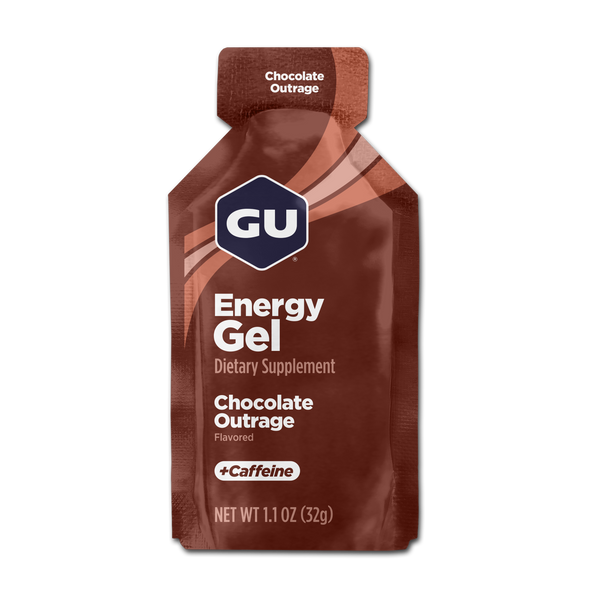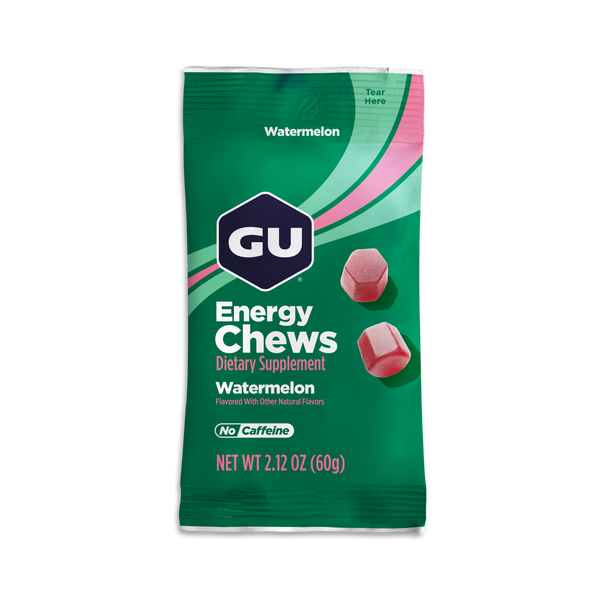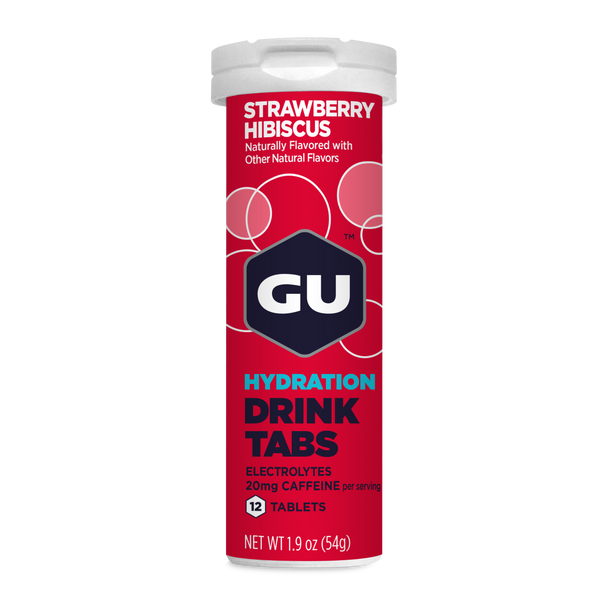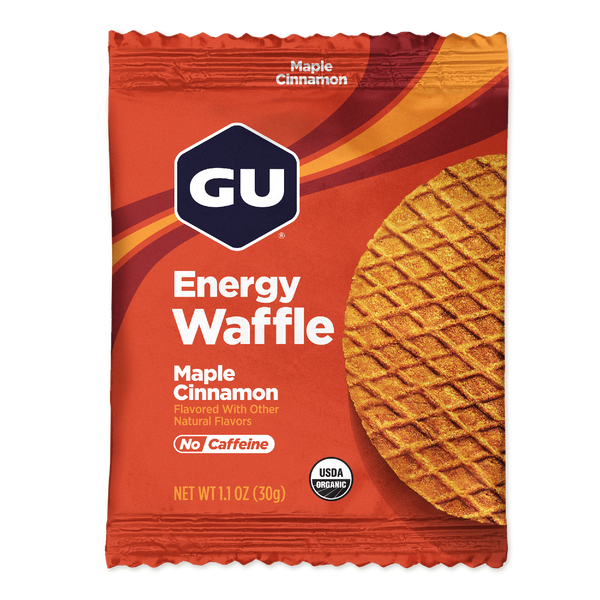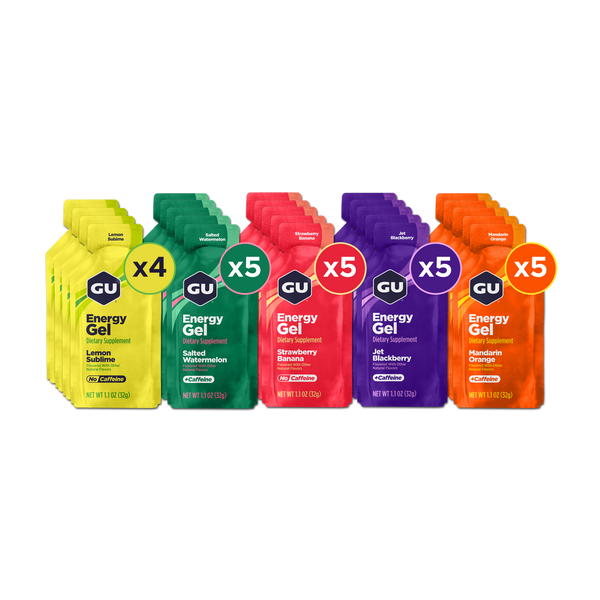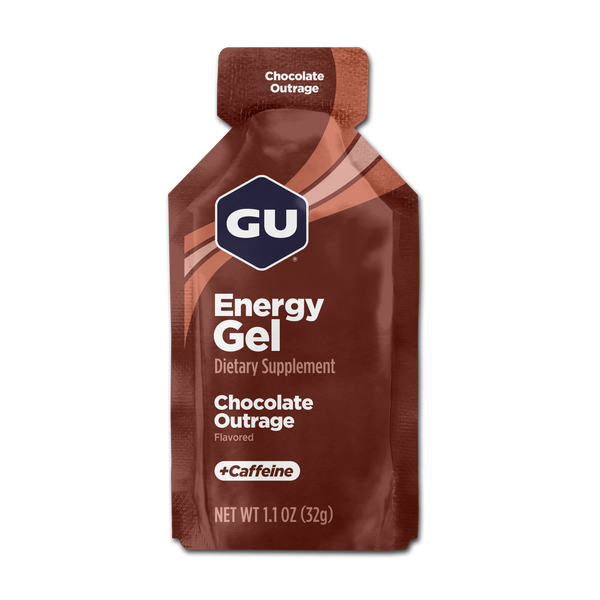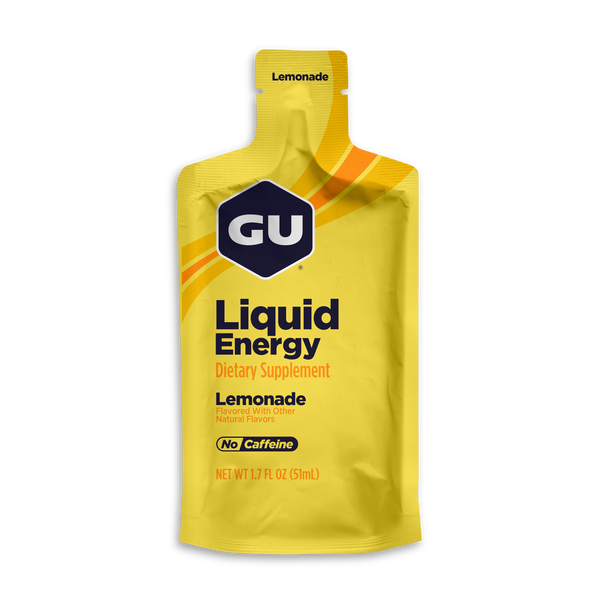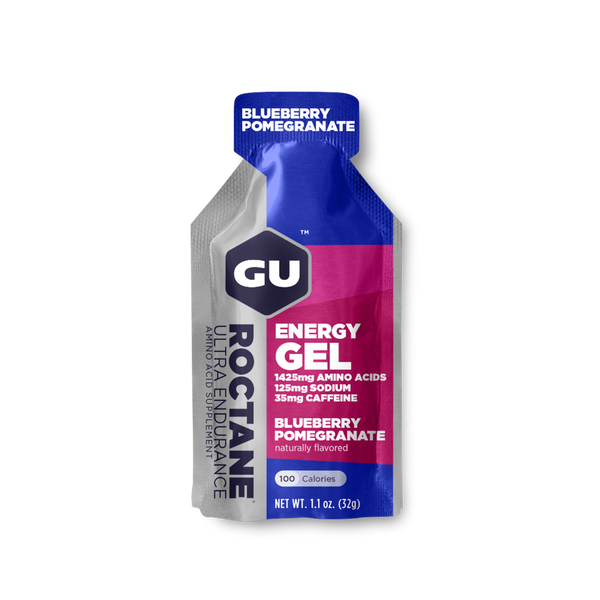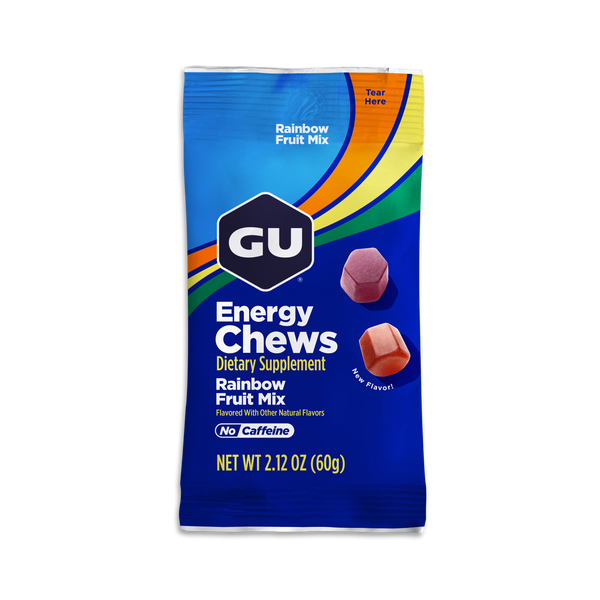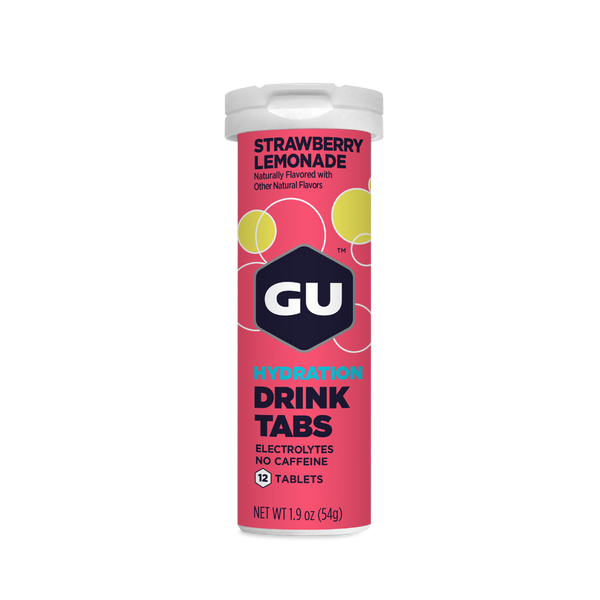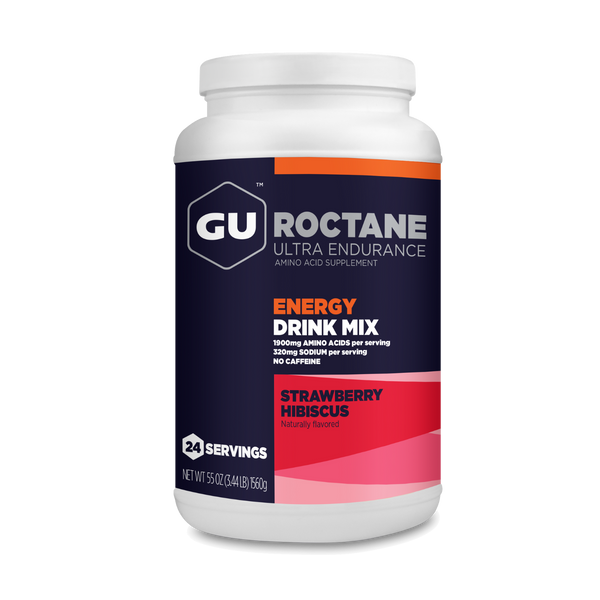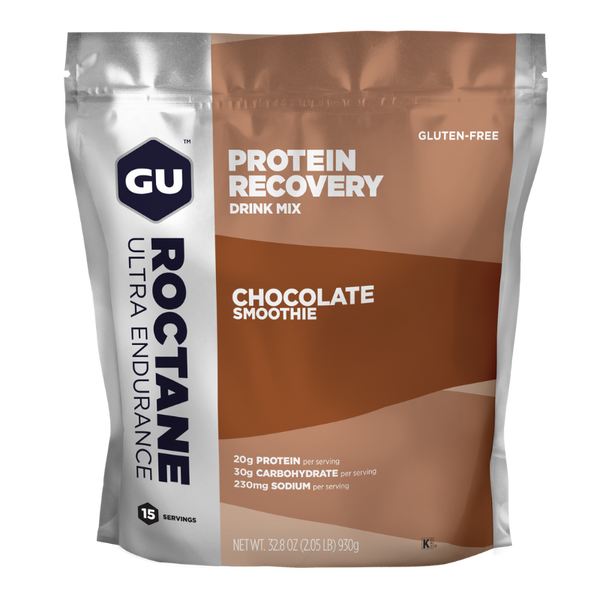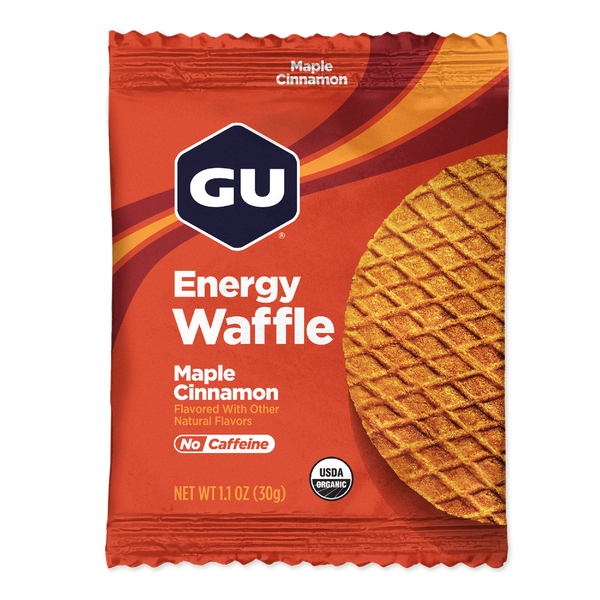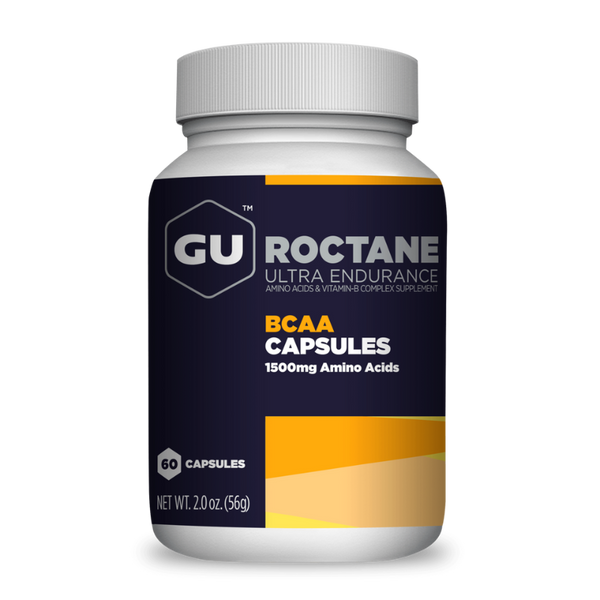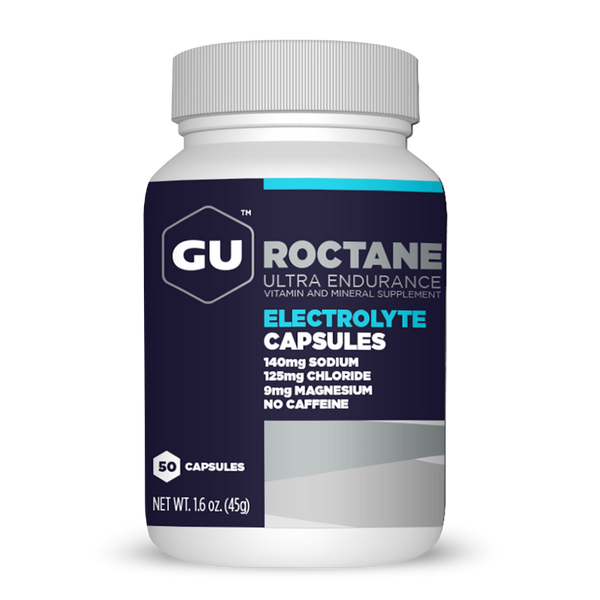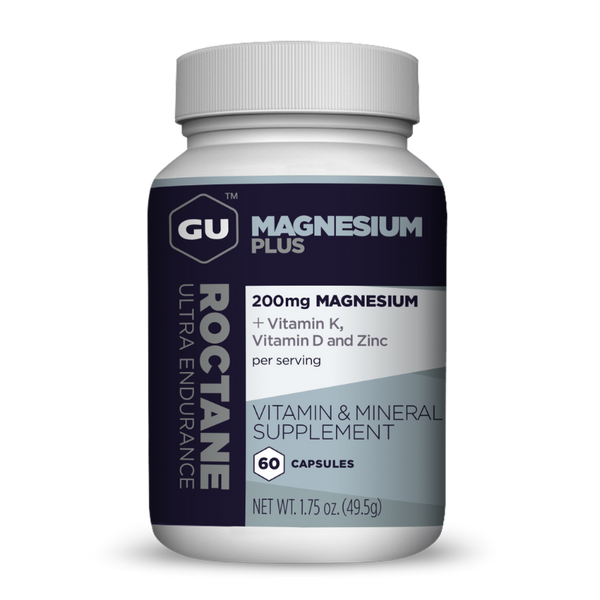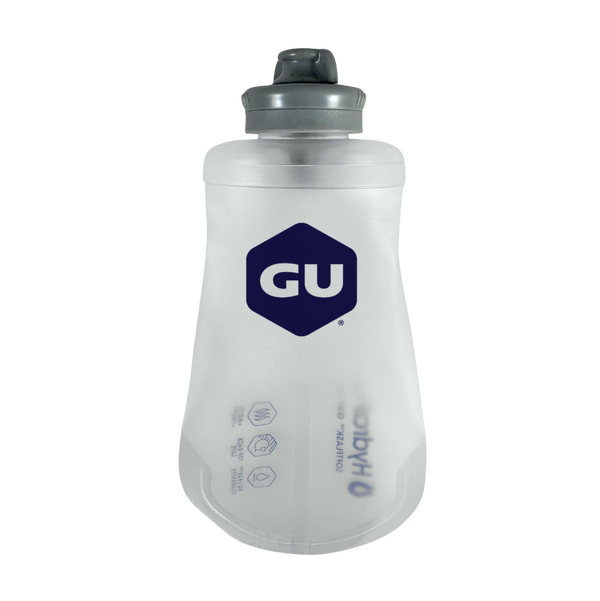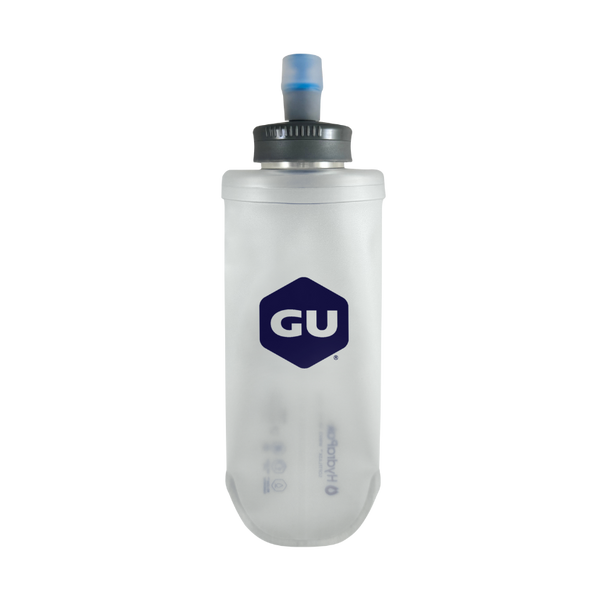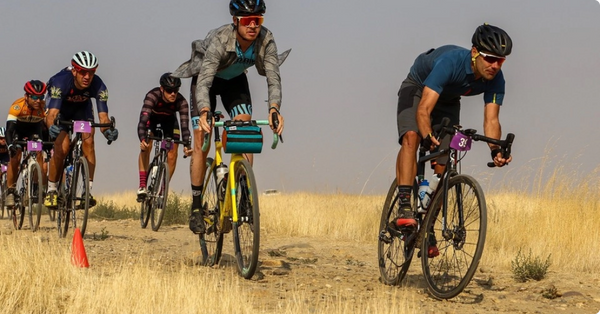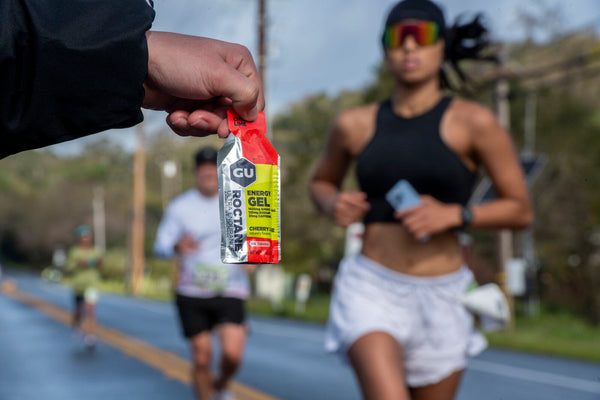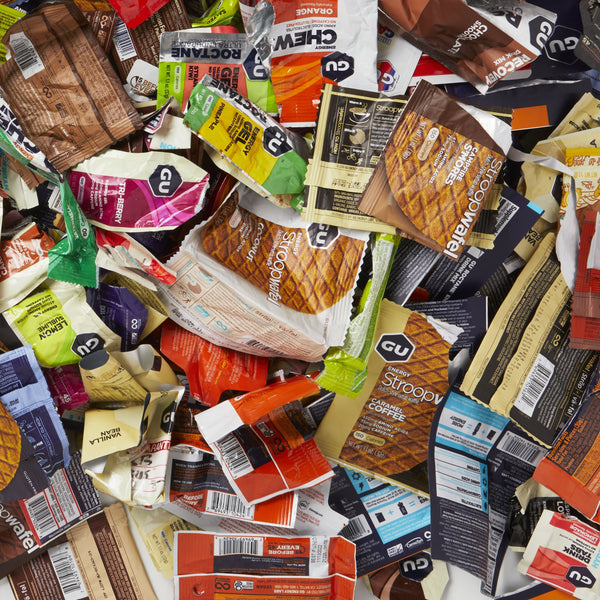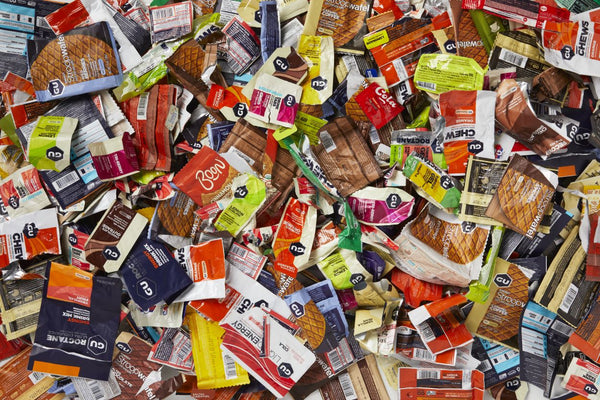The GU Performance Lab is where we research the effects of nutrition and training on the body and where we innovate and development new products for athletes. One of the metrics we can measure that impacts training and racing is metabolic efficiency. After her win at the 2019 North Face Endurance Challenge 50 Mile Championship, runner YiOu Wang stopped by to learn about her metabolic efficiency and what her results mean for fueling while training and racing.
But, before we dive into her results, here’s some background on what metabolic efficiency means.
What is metabolic flexibility?
Metabolic flexibility can be described as the ability to utilize fat and
carbohydrate fuels,and to transition between them in response to changes in dietary intake or circulating levels of each in the blood.
What is metabolic efficiency?
Metabolic efficiency refers to the body’s ability to utilize its on-board (non-supplemental) stores of carbohydrate (glycogen) and fat more efficiently during rest and across different intensities of exercise. It’s essentially the ability to preserve glycogen and burn fat as fuel.
How is it different than metabolic flexibility?
Main difference between the two: Just because you can doesn’t mean you’re good at it. Metabolic efficiency means you’re a pro at managing fuel sources. Like a hybrid car.
Why is it important?
We want our athletes to be really good at preserving their limited glycogen stores, thereby delaying fatigue and extending endurance performance. Being metabolically efficient also makes you more “bonk-proof” in the face of sub-optimal nutrition intake. Because, let’s face it, you aren’t going to replace every calorie you burn while you’re exercising.
What's the takeaway?
What you eat and how you train (and what you eat while you train) can profoundly impact your ability to use your own body fat as a fuel source. 75% of this is nutrition, 25% is training. In our lab, we try to get our athletes to become more metabolically efficient by using nutrition interventions primarily and training secondarily (e.g., fasted training, train low/compete high).
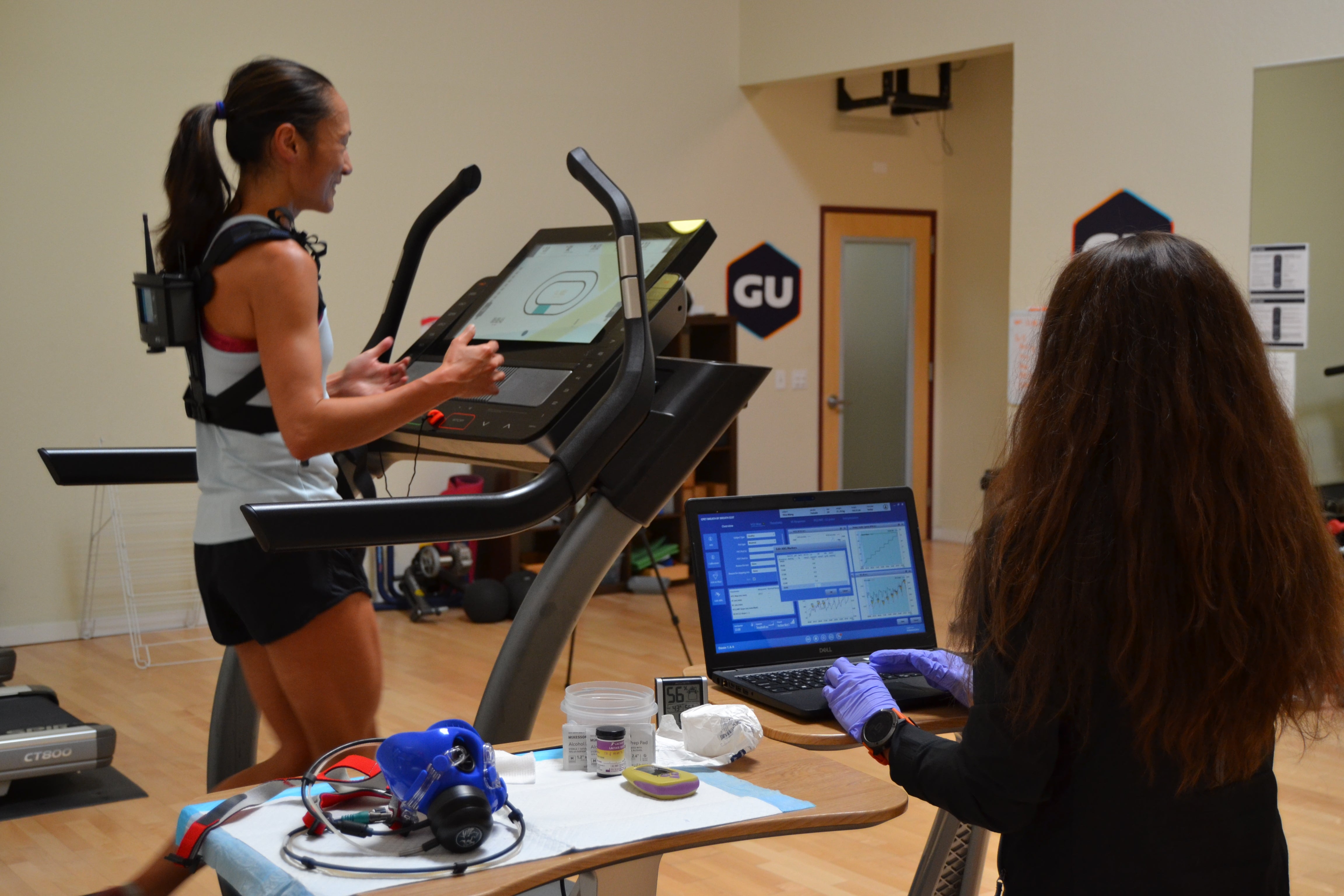
After getting her results, we sat down with YiOu to find out what she learned.
What have you learned from testing your metabolic efficiency?
I learned that I burn fat up to a very high level of exercise intensity. We didn't find a crossover point during the test even though I got very close to VO2 max. I am very efficient at utilizing fat during exercise and I think that serves me very well during Ultra distance events.
How did you (or your coach) apply the results to your training?
Since I am training for a marathon, I wanted to train my body to use more carbohydrates during higher intensity running. I have been incorporating more Energy Gels and ROCTANE Energy Drink Mix in my training runs.
Did you make any other lifestyle (example: nutritional) changes?
I have not made any major nutritional changes, though I do try to eat a better breakfast pre-run.
What surprised you (if anything) about performing the test itself and/or the results?
I was surprised that I never reached a crossover point during the test. I assumed that every person would eventually primarily use carbs as fuel at a high enough intensity.
What’s the biggest nutritional change you have made since the test and in preparation for the trials?
I think the biggest nutritional change I have made is to take in more carbohydrate calories during training runs, even easy runs.

